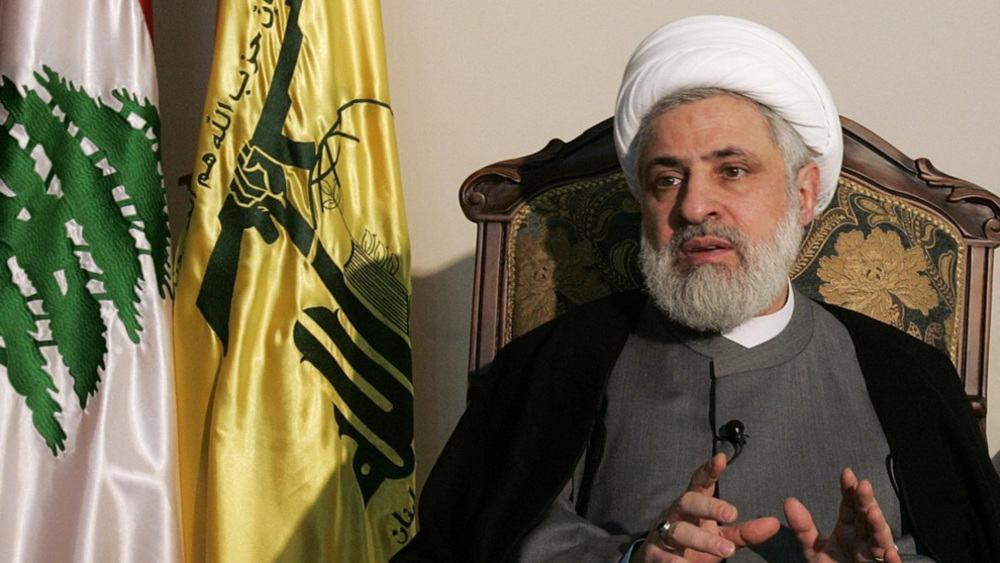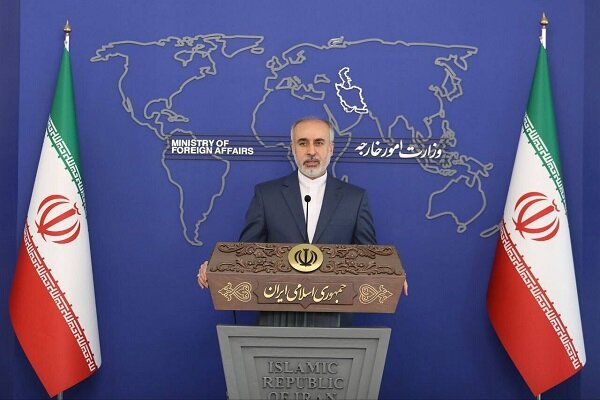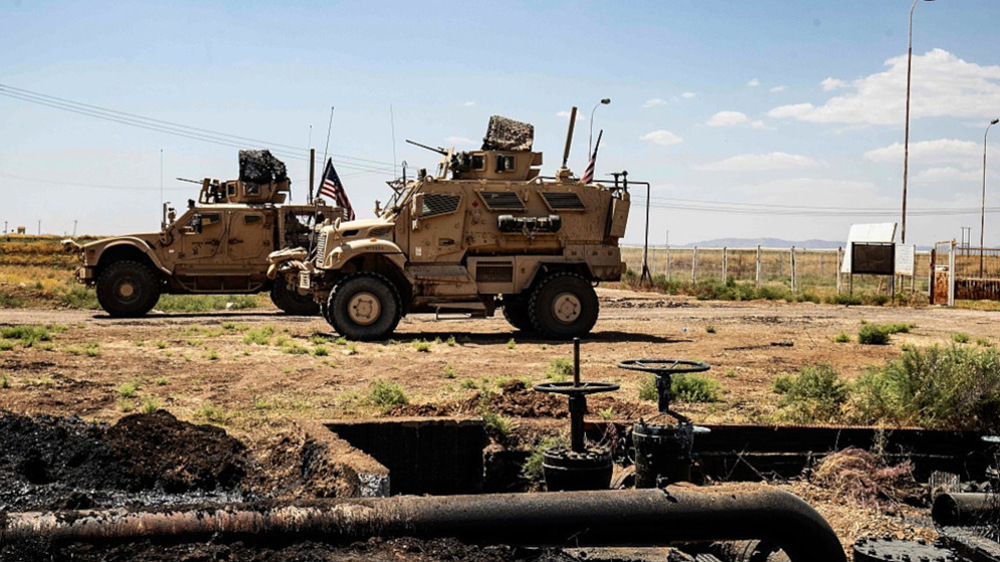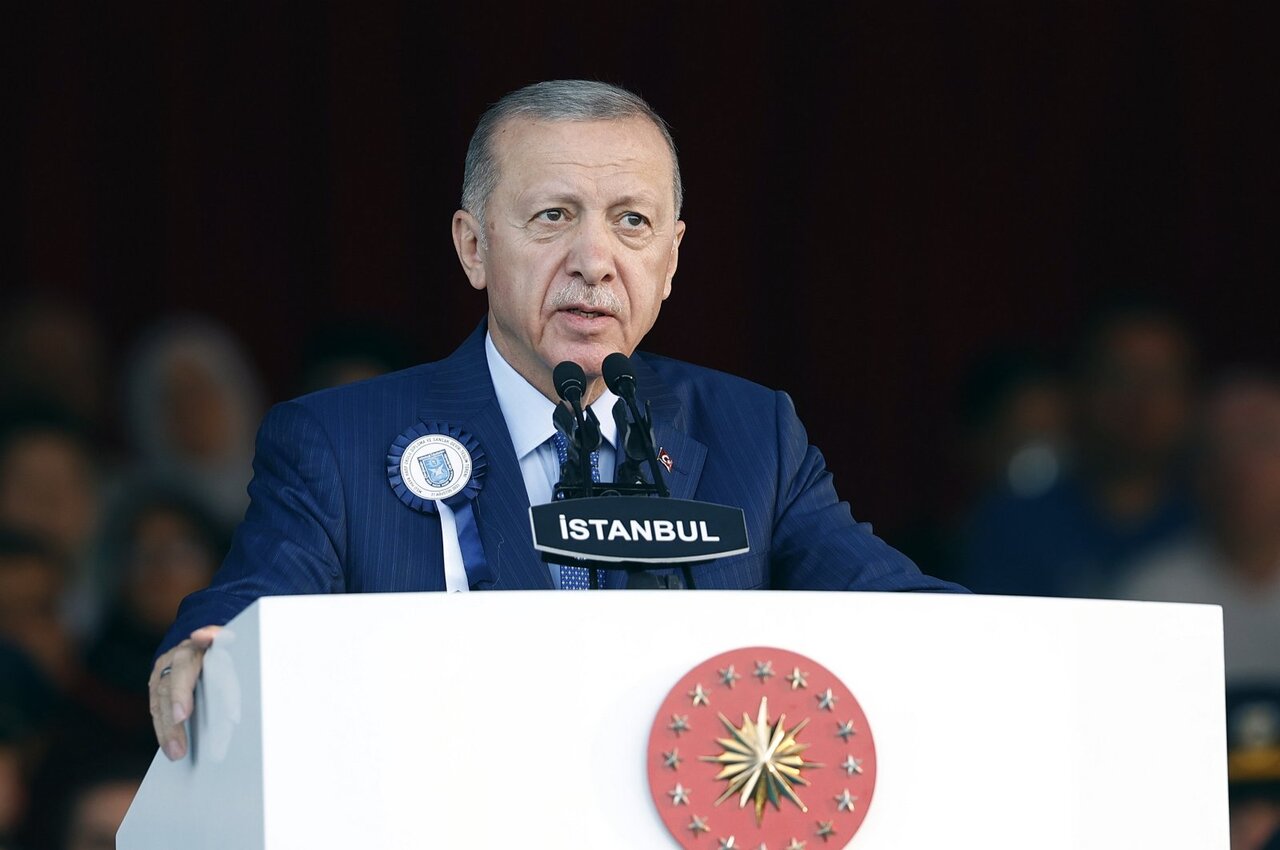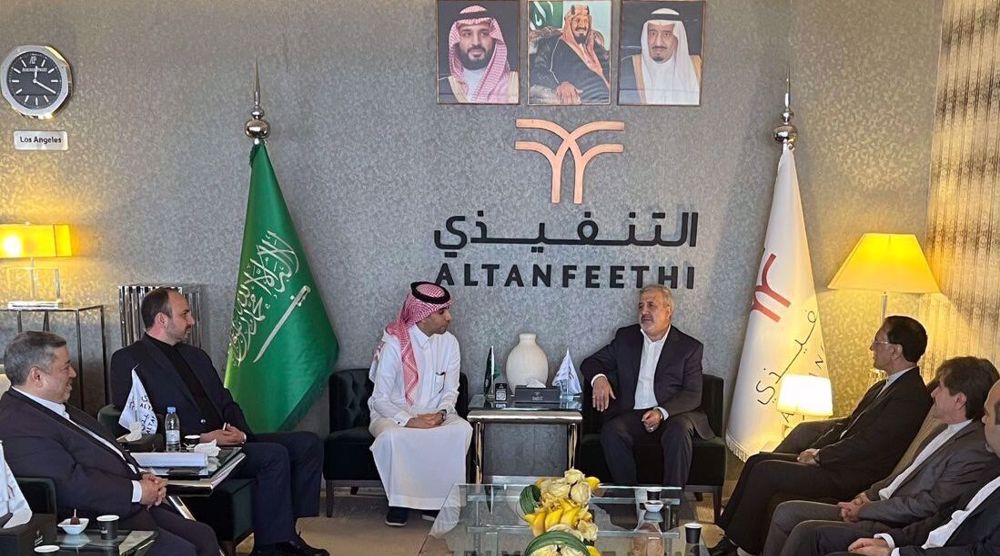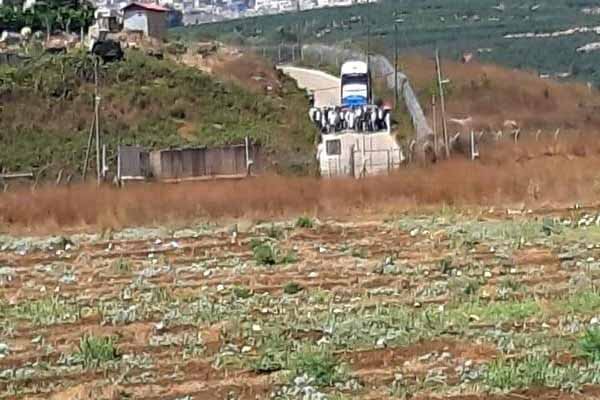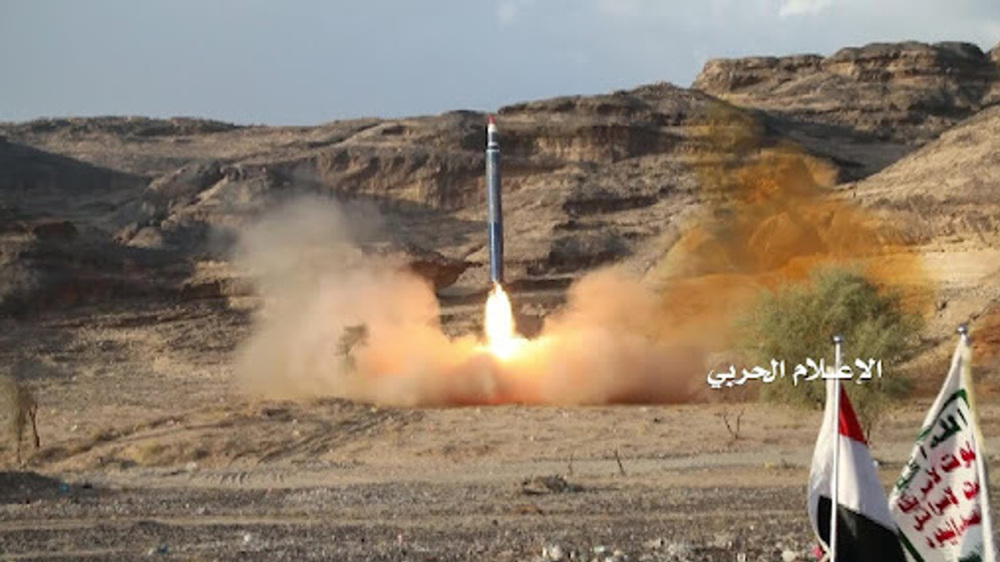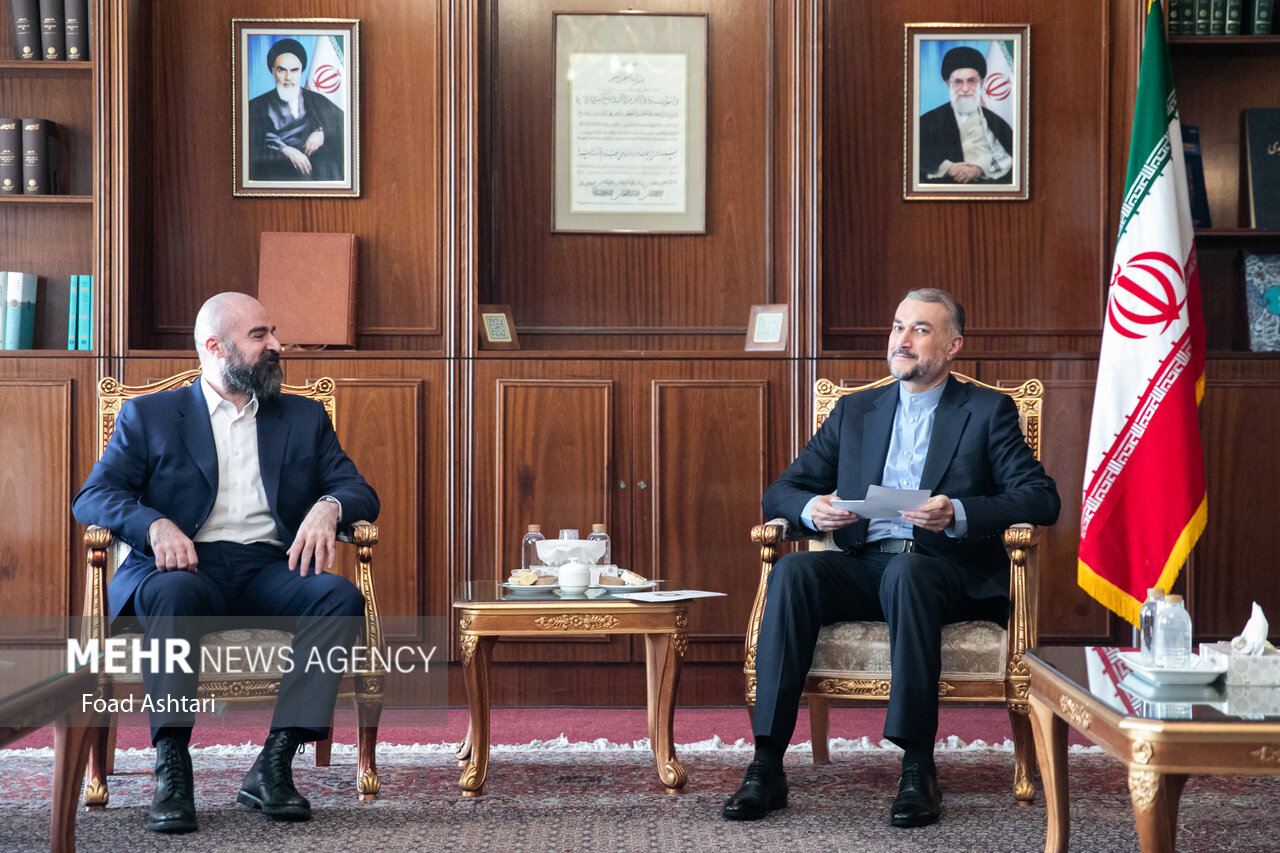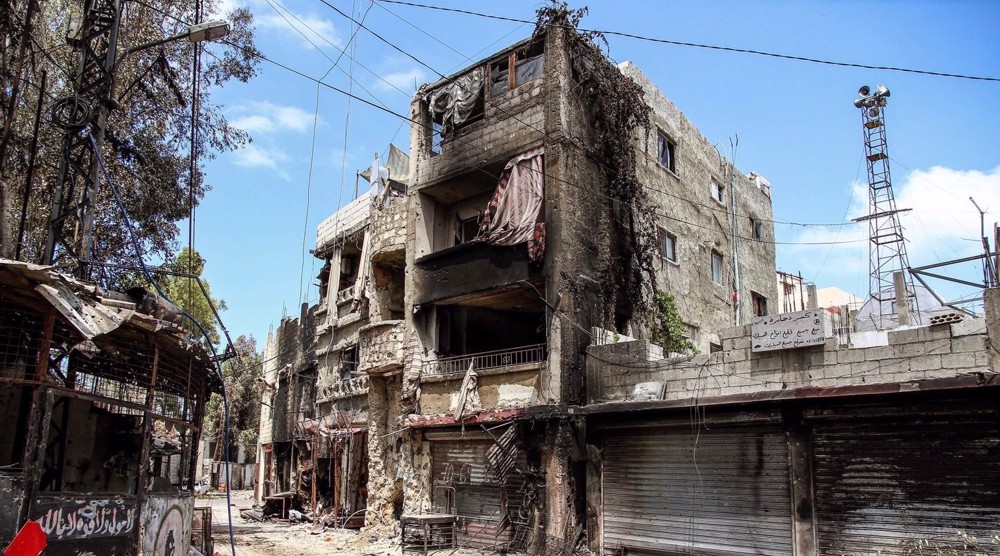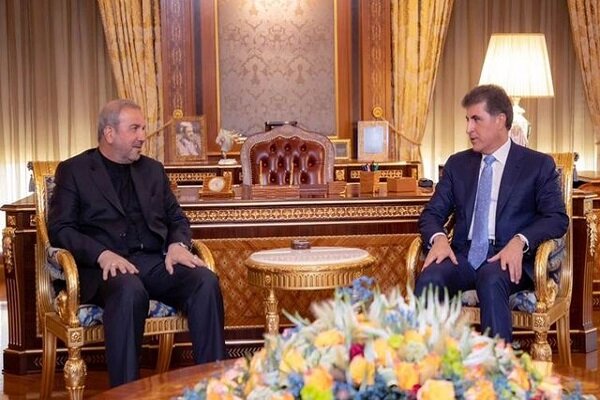“We are in contact with the authorities of both the Republic of Azerbaijan and Armenia, and the Armenian authorities have expressed concern about the possibility of (raising) a new military conflict from Azerbaijan,” Kan’ani siad in his weekly presser on Monday, adding that Baku authorities notified Iran that they have no intention to carry out a military attack and that the recent movements are a conventional military action on the eve of the winter season, as the movement in the mountainous areas becomes more and more difficult.
Tehran is critical over the security of the common borders with its northern neighbors and it assures that the country’s borders are safe, and it continues to follow the developments in the Caucasus with seriousness, he underlined.
“Karabakh is a part of the Republic of Azerbaijan, the rights and security of the people of this region must be secured in a specific framework and this is our official position. Iran has always emphasized the need to respect the territorial integrity of countries and has always opposed any change in the international borders,” the senior diplomat stressed, adding that the mutual recognition of the territorial integrity of both sides by Armenia and the Republic of Azerbaijan will be an important step to achieve lasting peace and security.
On prisoner swap deal with US
“We are optimistic that the exchange of prisoners will take place in the near future,” Kan’ani cited elsewhere in his remarks, commenting on the recent agreement reached between Tehran and Washington.
Touching upon the issue of releasing Iran’s frozen funds, Kan’ani said that Tehran hopes that this transfer will take place in the coming days so that the country can have full access to its assets.
Iran can buy all non-sanctioned goods with its released assets, he added.
On security agreement with Iraq
Elsewhere in his remarks, Kan’ani touched upon the process of the implementation of the recent security agreement between Tehran and Baghdad, according to which the Iraqi side is committed to disarm the armed separatist and terrorist groups in the Kurdistan region by September 19.
This deadline will not be extended under any circumstances and this matter has been officially announced by Iraqi officials to the Iraqi side, he said.
He went on to say that fortunately, the Iraqi government has taken favorable measures in this regard so far and it emphasized that it adheres to the agreement. The Prime Minister of Iraq has also made favorable statements recently, and Iran hopes to see the full implementation of this agreement on the determined date, he continued.
He added that the visit of the President of the Patriotic Union of Kurdistan (PUK) Bafel Jalal Talabani is not related to the security agreement and is in the framework of bilateral talks.
In July, the Chief of Staff of the Iranian Armed Forces warned Iraq over the presence and the activity of anti-Iran terrorist groups in that country.
Major General Mohammad Bagheri said that Iran waits until Iraq’s deadline is over and hopes that the Iraqi government fulfills its responsibility, but if the deadline is finished and the anti-Iran terrorists remain armed or continue to carry out operations, the country will resume acting against the terrorists.
IRGC Ground Force Commander Brigadier General Mohammad Pakpour earlier said that Iraq has undertaken a commitment to disarm and expel anti-Iran terrorists operating in the semi-autonomous Kurdistan region.
Since September 24, 2022, the IRGC has launched several rounds of airstrikes against the positions of the terrorists who are holed up in Iraqi Kurdistan.
The IRGC has urged the central government in Iraq and authorities in Kurdistan to meet their commitments toward Iran and take necessary measures to secure the border.
On November 21, 2022, positions of anti-Iran separatist and terrorist groups in northern Iraq came under combined attacks using missiles and kamikaze drones. The strikes targeted the positions of the notorious ‘Democratic Party of Iranian Kurdistan’ (PDKI) and the Komala Party in northern Iraqi Kurdistan, Iran’s Arabic-language al-Alam television news network reported at the time.
On lifting arms embargos on Iran
Touching upon the issue of lifting arms embargos on Iran, Kan’ani said that Iran expects that the related countries will adhere to their commitments within the framework of the JCPOA.
For any non-constructive action, Iran reserves the right to take action in accordance with each action and it will not ask permission from anyone to secure rights, he added.
In early September, Iran’s Minister of Defense Brigadier General Mohammad-Reza Gharaei Ashtiani said that all cruel arms embargoes on the country will end next October.
On Iran-IAEA ties
Regarding the meeting of the Board of Governors of the IAEA, he stated that the cooperation between Iran and the IAEA continues within the framework of the March 4th joint statement between the AEOI and the IAEA.
The next meetings and discussions will be held in the same framework, he added.
Expressing hope that the current meeting of the agency will be held in a completely professional format, he stressed that Iran expects the director general of the agency to carry out his professional mission away from political pressures and perform this mission correctly and accurately.
Kan’ani clarified that the agency is a specialized, technical and professional organization which should not be politically abused for political purposes in order to put pressure on other countries.
On Mossad’s chief threatening Iran
Answering a question raised by a journalist on the recent threat of Mossad’s chief to assassinate Iranian officials, Kan’ani said that such a clear declaration of intention to assassinate the officials of other countries shows the terrorist nature of the Israeli regime.
Iran has proven that it will not shy away from securing its safety and responding to any foolish aggression, he cited, adding that the Zionist regime has been beaten by Iran many times in the past.
“Iran will not hesitate to respond to any foolish action,” he stressed.
On attack on Iran’s embassy in Paris
Regarding the recent attack on the Iranian embassy in Paris, Kan’ani stated, “We strongly condemn this action,” emphasizing that attacking a diplomatic place is an attack on the rights of citizens who go to the embassy to receive consular services.
Iran expressed its protest in an official note to the French authorities, he said, adding that Iran gave the necessary warning to the French government and some European governments to strengthen the necessary protective measures in the framework of the 1961 Vienna Convention and fulfill their responsibilities over securing diplomatic places and the safety of Iranian diplomats.
He clarified that the French government is responsible for the security of Iran’s embassy and diplomatic facilities within the framework of the 1961 Vienna Convention.
According to Kan’ani, the French ambassador in Tehran has also strongly condemned the attack and said that the French government is pursuing to identify and prosecute the attackers.
Regarding the appointment of Iran’s new ambassador to France, he noted that the administrative process is underway and Iran hopes to complete this process in the future.
On holding new negotiations
Referring to the negotiations on lifting the illegal sanctions against Iran and reviving the JCPOA deal, the senior Iranian diplomat noted that the path of negotiation is not closed and new holding negotiations are not ruled out.
“Iran has always declared that it adheres to the diplomatic path as the path to ensure the rights and interests of the Iranian people, and uses diplomatic capacities to realise its rights and lift oppressive sanctions, and we have always welcomed initiatives,” he emphasized.
MP/IRN85225289/FNA14020620000265

